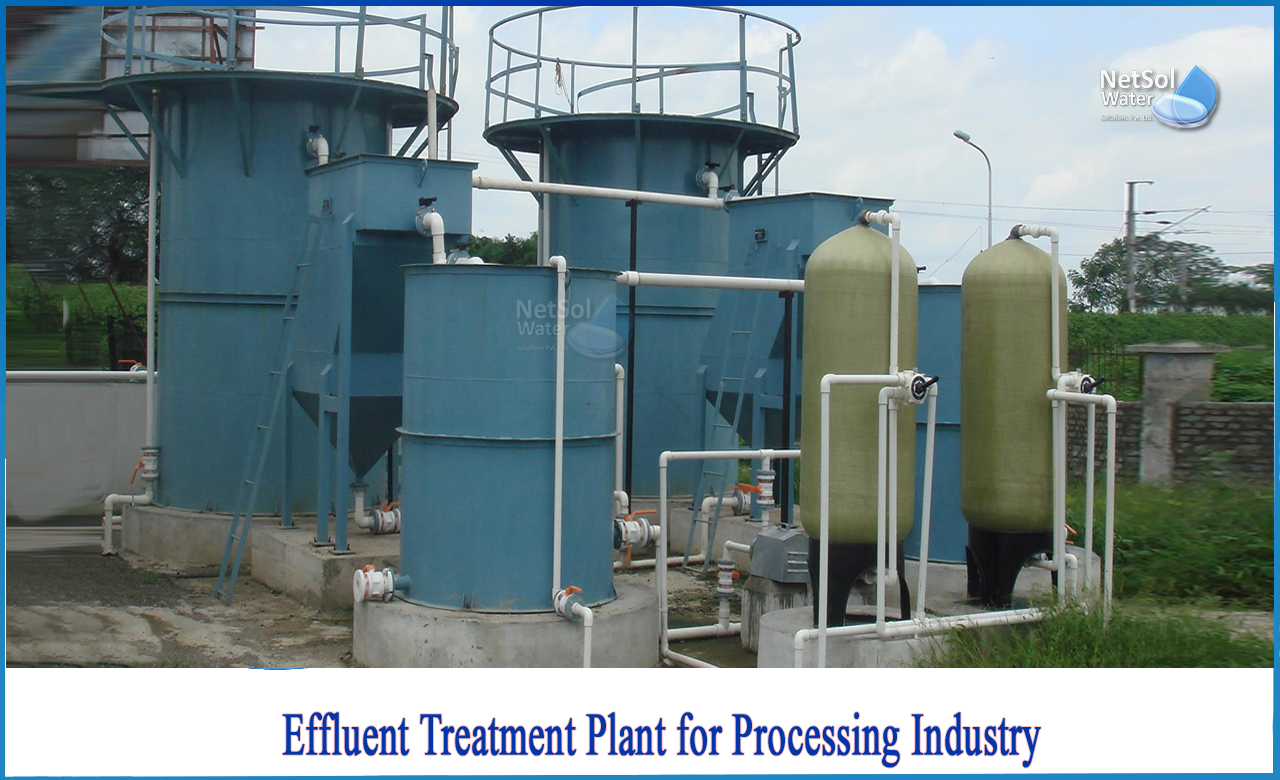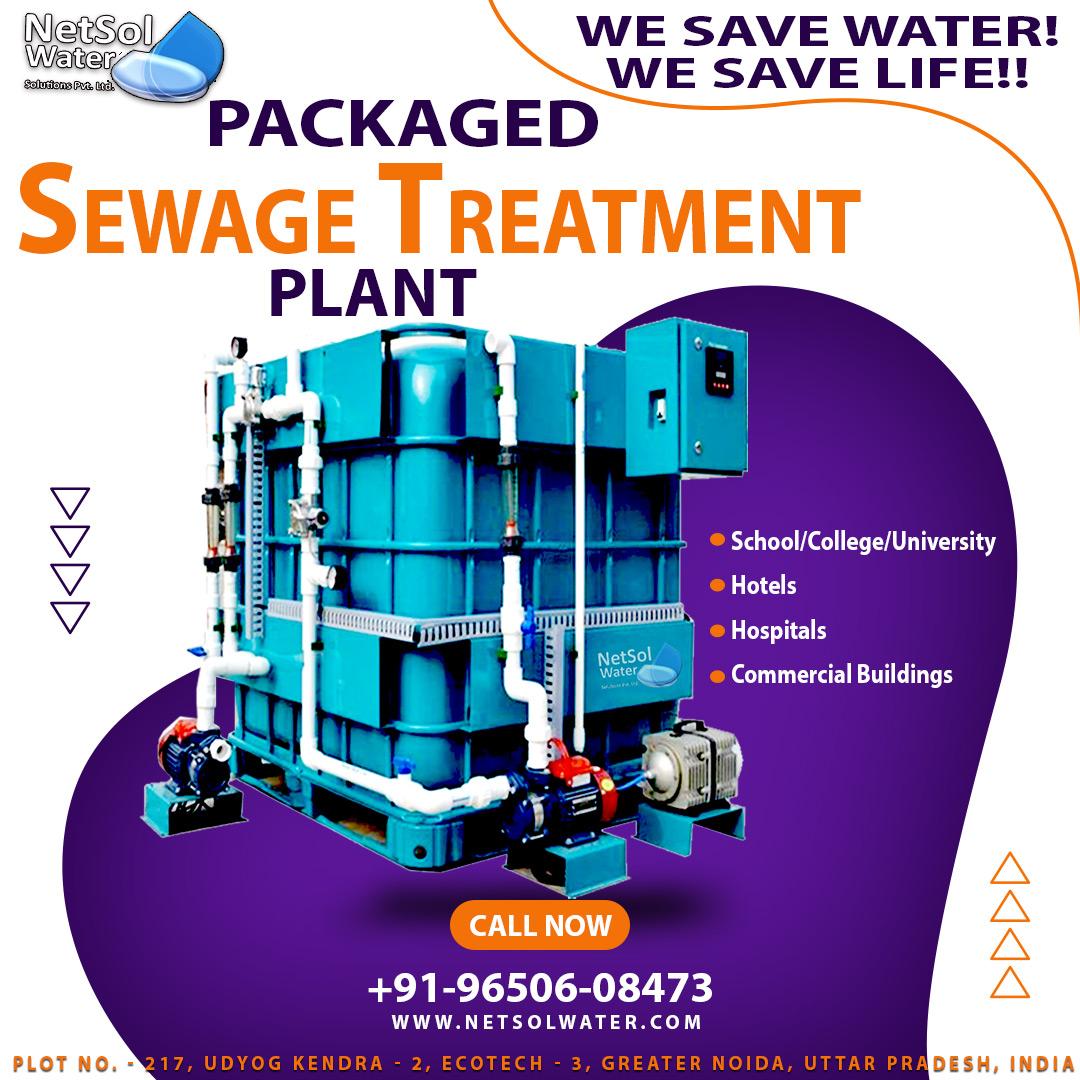Overview
In terms of production, consumption, export, and future possibilities, India's food processing sector is one of the World's largest. Because of the variety of goods created, as well as the varied fruits, vegetables, and raw materials used, the wastewater generated by this industry has a wide range of strength and features. The use of many preservatives, salts, colour, perfumes, oil, sugar, gelatin, and other ingredients, which are added according to the production requirements of the goods, contributes to the pollutant load in food processing wastewater or effluent.
Fruit and vegetable processing, poultry, meat, and seafood processing, beverage and bottling processing, and dairy processing are the four major categories of food processing. For food processing, all of these industries use a lot of water. Water is employed as a component, an essential and intermediate cleaning source, a reliable raw material transportation conveyor, and the primary sanitizer for industrial machinery and regions. A significant portion of these waters are potential wastewaters that must be treated before being released into the environment.
Why ETP is required for processing industry?
Moderate to high BOD, high COD, high dissolved and suspended particles, very high nutrient content such as phosphorus, nitrogen, and heavy oil and grease define waste waters from food processing companies. This effluent is amenable to non-chemical biological treatment, which includes anaerobic treatment followed by aerobic treatment, such as the Hybrid Upflow Anaerobic Sludge Blanket Reactor (HUASBR). The HUASBR produces biogas for use in an energy generator, which covers the Effluent Treatment Facility's whole captive requirement.
For this business, aerobic biological treatment in the form of high-rate trickling filters or activated sludge plants is usually sufficient. However, sophisticated biological treatments such as moving bed bioreactor (MBBR) and membrane bioreactor (MBR) are recommended instead of the traditional activated sludge procedure due to the intermittent nature of effluents discharged or higher shock loadings (ASP).
Using advanced treatment, such as Ultra filtration (UF) and Reverse Osmosis, the treated effluent can be recycled at a level comparable to food-grade water (R.O.) Alternatively, a Membrane Bioreactor (MBR) can be used in replacement of an MBBR to produce industrial-grade water with added R.O. to produce food-grade water.
To limit the possible influence of toxic components on the environment, ETP for the food and dairy processing industry employs three types of wastewater treatment procedures.
• Physical Treatment Techniques
• Chemical Treatment Methods and
• Biological Treatment Methods
ETP Treatment Levels
There are four (4) treatment levels in ETPs: preliminary treatment, primary treatment, secondary treatment, and tertiary treatment. Each of these treatment levels have the potential to treat wastewater from the food and dairy processing industries and reduce its parameters to the pollution control board's acceptable limits.
Benefits of ETP for processing industry
>Reduced Raw Water Consumption: The most effective approaches to reduce the usage of fresh water resources are to use less water in the first place or to reuse treated wash water or wastewater.
>Reduced Disposal Costs: These disposal expenses can be considerably lowered by using a system for food wastewater treatment. It helps in reducing the amount of dewatered solid waste left over from this treatment, transportation and safe disposal expenses can be greatly lowered.
>Eco- friendly: Since they can be utilised to reduce environmental water contamination, most wastewater treatment technologies can be considered ecologically friendly. However, some methods necessitate the use of hazardous chemicals or significant quantities of chemicals that result in a large amount of solid waste after treatment.
>Ease of operation: Some water purification systems are difficult to operate and maintain, requiring multiple highly qualified operators.
For design, manufacture, installation and maintenance of STP’s, ETP’s, or any other water related products, contact Netsol Water.




